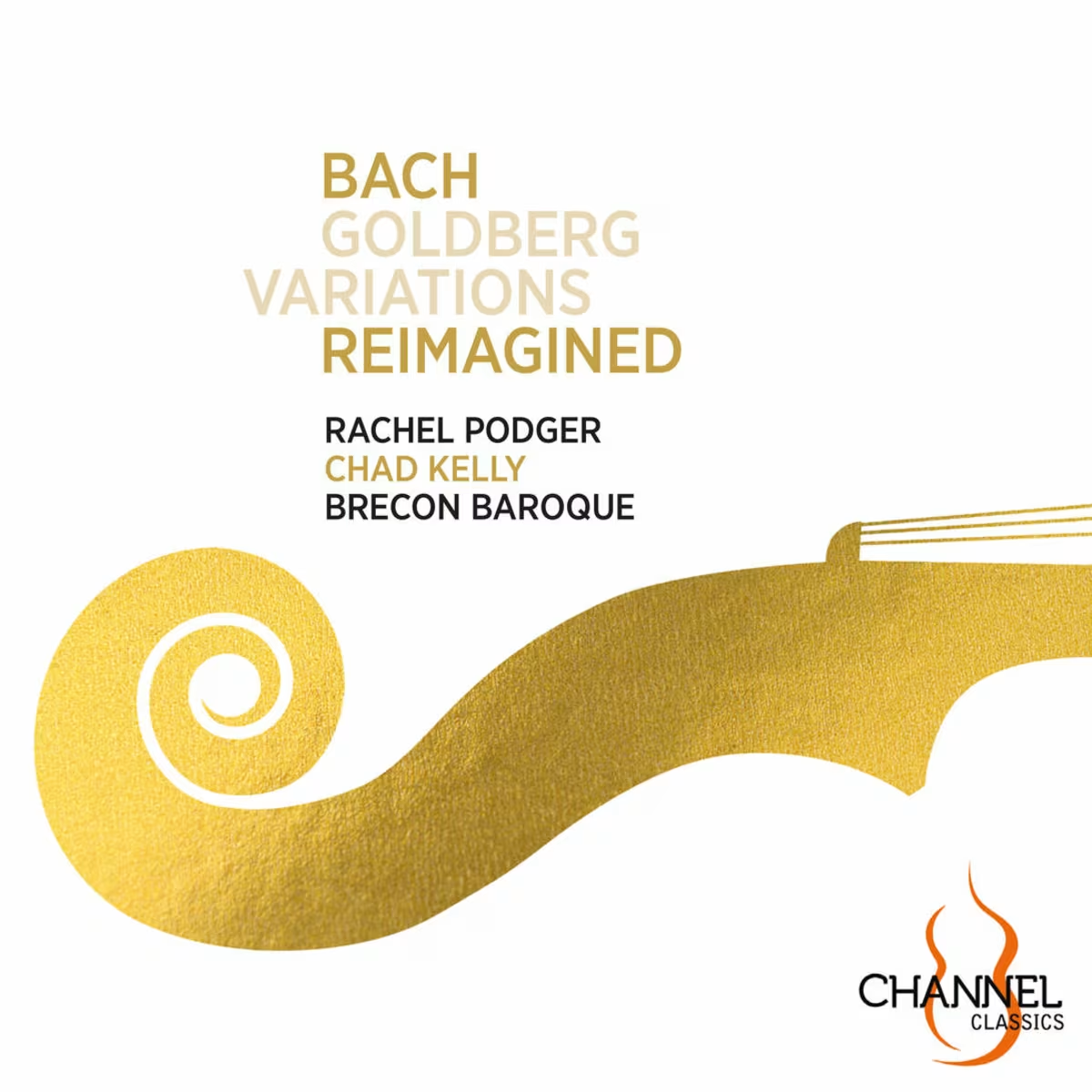Feature
Meet the family
An introduction to the recorder
Share this

Finn Collinson, the Recorder Specialist at The Early Music Shop, introduces us to key members of the recorder family. He highlights the unique tones and roles of these musical relatives, showing how each contributes to the character of early music.
Garklein
The smallest recorder, the tiny garklein measures just 16cm. The finger holes are so close together that it is quite difficult to play for many people, and as a result, there is not much music written for the garklein. However, its bright and piercing sound means it can be used to sit above a recorder consort or add some high-pitched sparkle to a mixed ensemble.
Sopranino
The most common sizes of recorder alternate in keys between C and F; the sopranino recorder is pitched in F and tuned an octave above the common alto recorder. The longer the recorder, the lower the pitch, so the sopranino plays very slightly lower than the garklein. The sopranino is arguably easier to play than the garklein as the finger holes are easier to cover. It has been used in a wider range of music including Baroque concerti (e.g. Vivaldi’s Recorder Concerto in C major) and opera arias (e.g. "O Ruddier Than The Cherry" from Handel’s "Acis & Galatea").
Soprano
Many players begin their recorder journey with a soprano recorder; it’s the size most commonly taught in schools. They are lightweight, easy to hold, readily available, and affordable, making them an ideal starter instrument. They are sometimes referred to as descant recorders, and this word is interchangeable with soprano. The soprano is in the key of C. Most starter instruments are made from plastic or resin, but delve into the higher quality wooden instruments available, and there is a large world of sonic possibilities with the soprano recorder. The instrument in the audio clip is made of olivewood, a medium-density wood that produces a strong yet airy sound.
Alto
The alto recorder is arguably the most popular member of the family; indeed, a majority of the solo repertoire written for the instrument is scored for alto recorder. Its mellower sound and lower pitch than the soprano make it a common choice for many players, and its versatility of sound and tone make it well-suited to both beginner and virtuosic repertoire. They are sometimes referred to as treble recorders, and this word is interchangeable with alto. The alto is (usually) in the key of F. Again, several woods are available, each giving subtly different tonal qualities. Softer woods like maple and pearwood are usually more affordable and produce mellower tones, while denser woods such as rosewood and grenadilla are likely to produce a more rounded, brighter sound which is generally more powerful. A common choice is boxwood, which you hear in the audio clip; this wood is a good all-rounder as its medium density contains qualities well-suited to both ensemble and solo work.
Tenor
The tenor recorder is one size larger than an alto, and while there is some solo repertoire written for the instrument, it is most commonly found in consort and ensemble settings. It is in the key of C, and therefore sounds an octave lower than a soprano recorder. The finger span of a tenor recorder is quite large, and as a result, some players find it quite difficult to play. Therefore, there are a large range of modifications available on tenor recorders, including “knick” tenors which are bent in the headjoint to make the arm stretch less significant, and “comfort” tenors, which have additional keywork added to the third and fourth holes, to reduce the finger stretch.
Bass
The bass recorder is designed with keywork and either a knick in the headjoint or a crook (a metal pipe that helps the player send the air to the top of the instrument), making it comfortable to play despite its low pitch. Bass recorders are usually in the key of F, sounding a full octave lower than alto recorders. It is often found at the bottom of recorder consorts playing the bass line (though it is not always the largest instrument: read on!), and while all recorders discussed so far read from the treble clef, bass recorders read from the bass clef. Wooden bass recorders are most commonly made from maple, pearwood, or cherrywood, as these woods are lightweight in comparison with other options. In addition to its role in the recorder consort, there is a small amount of 20th-century recorder repertoire written for bass recorder. It has also been used in popular music contexts, including the introduction of Led Zeppelin’s "Stairway to Heaven" and the theme tune for "The Mandalorian" TV series.
Bigger instruments
Beyond the bass recorder, the recorder family keeps growing! We have the great bass (in C), the contrabass (in F), and the subcontrabass (in C). The audio clip demonstrates the great bass, so you can hear the rich low tones – which only get lower! One of the largest recorders in the world was made by the late Dutch maker Adriana Breukink, a subcontrabass in Bb, which measures three meters and plays a semitone lower than the lowest string on a cello. Only three were ever made! As well as those which are ‘traditional’ in appearance, some modern designs including the Paetzold ‘square bass’ system have been developed. As well as offering a radical take on the instrument, the materials and design of these instruments make the instrument slightly more compact and, for many musicians, easier to play.
The extended family
In addition to the common sizes of recorder listed here, there are other intermediary sizes which have been used for different purposes over the generations. These include the G alto (commonly used for Renaissance/early Baroque solo repertoire as it shares its bottom note with the violin and cornetto). The fourth flute (soprano in Bb) and the sixth flute (soprano in D) are two other sizes whose names are derived from their distance in pitch from the ‘standard’ F alto. The voice flute (tenor in D) is most often used for flute repertoire as they share the same bottom note. Recorders are also available in various different pitches: the most common is modern pitch a440 (where the A above middle C = 440Hz), but Baroque pitch (a415) is also popular. Less common but also used in some contexts are Renaissance pitch (a466) and French Baroque pitch (a392).
Further information about the recorder family and its history is available in The Early Music Shop’s Recorder Yearbook & Maintenance Guide.
Share this
Keep reading

Bach’s Goldberg Variations Reimagined
Bach’s Goldberg Variations Reimagined - a recording by Rachel Podger and Brecon Baroque of a new arrangement by Chad Kelly.

London International Festival of Early Music - Online Concerts
Re-live LIFEM 2023's highlights: with performances from Erik Bosgraaf & the Wrocław Baroque Orchestra's, Jane Chapman and The OAE Experience Scheme Ensemble.

Crossness - a Cathedral on the Marsh
Crossness Engines represent a unique part of Britain’s industrial heritage, an outstanding example of Victorian engineering, a ‘Cathedral on the Marsh’.

